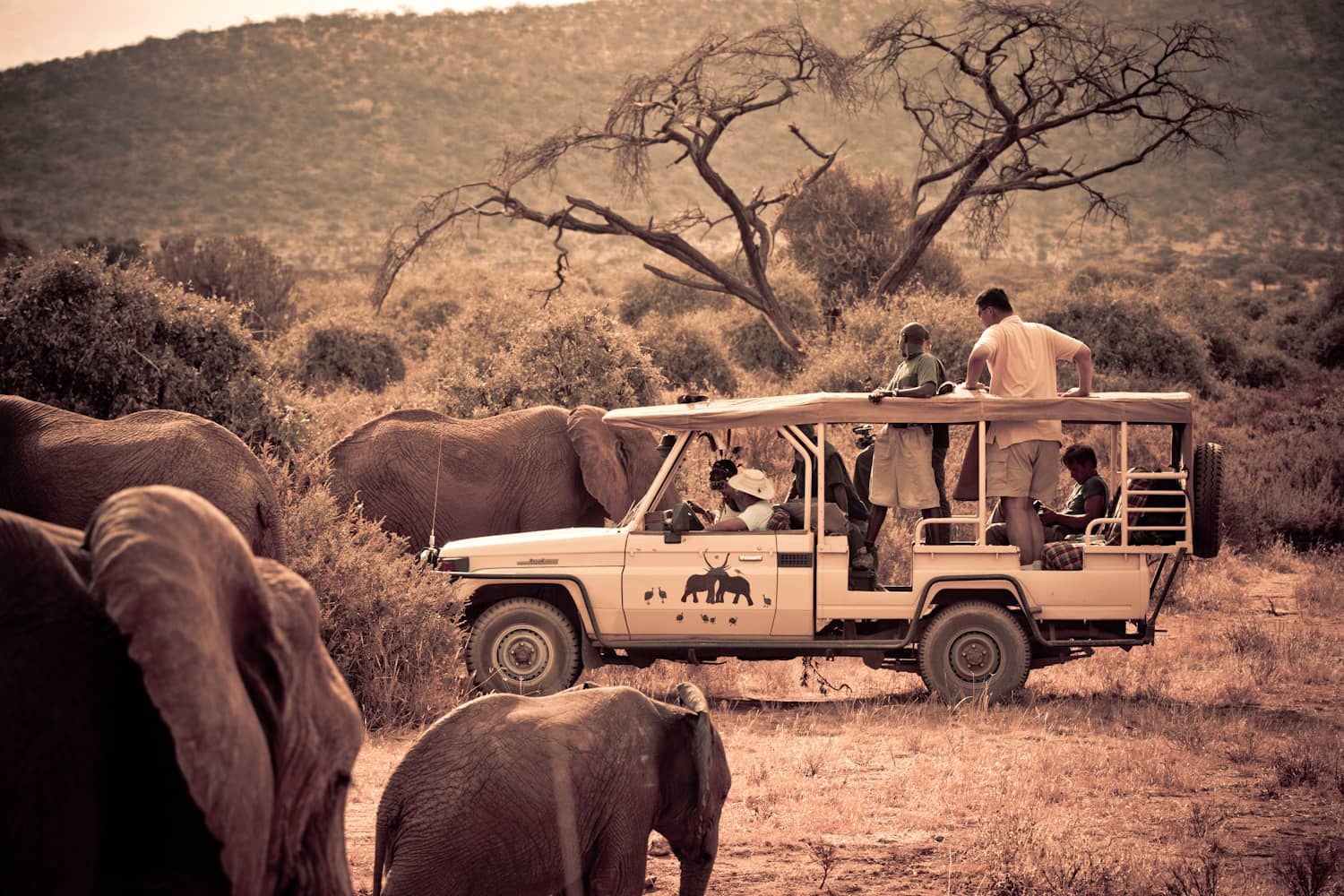Basketball Star Yao Ming Featured in Documentary Aimed at Removing Demand for Poached Animal Parts
OutdoorHub Reporters 08.23.12

The bulk of demand for poached rhino horns and elephant tusks come from Asia, namely Vietnam and China. Yao Ming, a retired NBA star and one of China’s most recognizable international figures, has teamed up with the conservation group WildAid to try to curb demand of these precious animal parts in a new documentary.
Rhinos, elephants and other animals on the African continent are being poached in record numbers for their valuable body parts believed by some to cure cancer, among other medicinal benefits. Some rhino subspecies have already met with extinction because of the demand for their horn, which is illegal to trade. Currently, there are only seven northern white rhinos left in the world, four of which are kept at Kenya’s Ol Pejeta Conservancy.
Ming has already filmed a public service announcement for WildAid and the documentary, tentatively titled The End of the Wild. In the PSA below, Ming blocks a bullet meant to kill an elephant as he blocks layups.
httpv://youtu.be/KoaUQLbqvps
Ming also champions the end of shark-fin soup, another item of focus in media outlets lately because of the havoc shark poaching is wreaking on populations of the marine animal.
During his time in Africa, Ming visited the site of dead, poached animals and some conservancies that guard animals from poachers. Upon his first encounter with two rhinos, he said,
These are immense and powerful creatures. As one of them pushes me, I’m reminded of the immense pressure I used to feel when I had to guard Shaquille O’Neal. You knew that pressure while guarding Shaq, and you know it when a rhino leans on you.
But this power is meaningless in the face of a poacher’s bullet or wire snare. […]
It’s tragic to know these impressive animals are among the last of their kind, just because some people believe their horn, which is just keratin like our fingernails, has healing properties.
The documentary will try to convince his fellow Chinese citizens to stop seeking and buying products made from contraband goods. This is in contrast with efforts to cease the supply of illicit wildlife goods, which some argue only increases the price people will pay for the goods. Ming and WildAid believe that if the demand no longer exists for these animal parts, there will be no need for supply. The documentary is slated to come out spring 2013.
Stay up to date and find out more information at www.yaomingblog.com.

